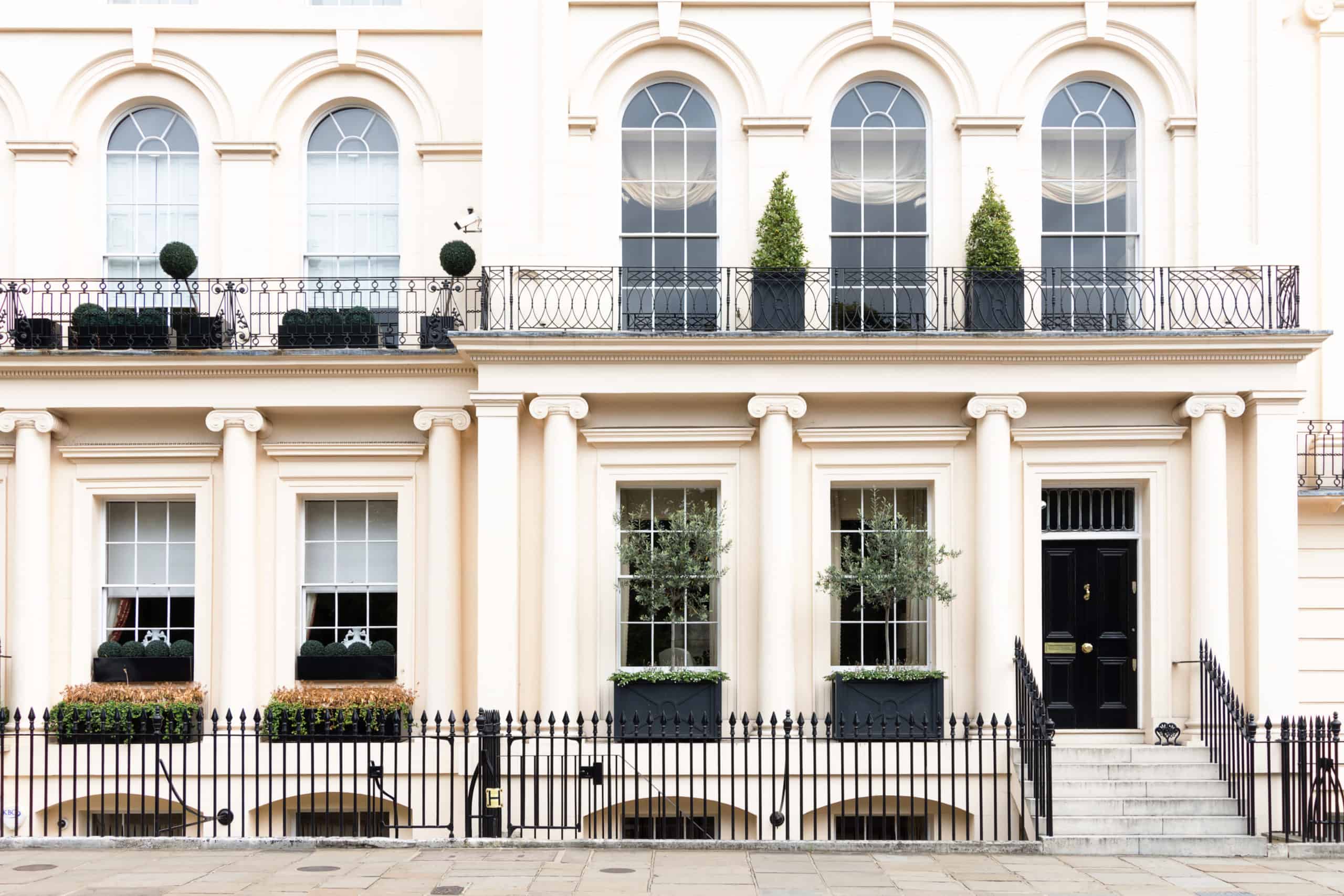Employment Newsletter Autumn 2016

In This Edition:
- A message from Dominic Bayne
- Dominic Bayne considers in Lee v McArthur
- Bryony Clayton considers if A headscarf ban is unlawful
- Paul Sangha considers Judicial assessment in ET Proceedings
- Robert Dunn examines the case of Aslam and others -v- Uber B.V and others [2016]
1. A Message from Dominic Bayne

In the manner of London buses, you wait for months for an employment law related news story to hit the headlines; and then 3 come along at once.
You might have missed it behind the froth over the High Court decision on Brexit, but this week, the TUC published a report on the decline in the number of employment tribunal claims in recent years. According to their figures, the number of claim for unfair dismissal have fallen by 73% since 2013; and discrimination claims have fallen by well over 50%. Overall the number of claims per month is down from 16,000 to 7,000. Their conclusion: ‘Thousands of workers are being priced out of challenging discrimination or unfair dismissal’ by tribunal fees which need to be scraped. Really? One wonders what has taken them so long.
And it was only last week that we got the long awaited decision that ‘Uber’ taxi drivers were not self employed, but were ‘workers’ with all the rights that that entails. Although Uber, represented by Parklane Plowden’s own David Reade QC, have lost round 1, given the enormous consequences for their business model and the ‘gig’ economy as a whole, it seems likely to go further. It is an interesting decision, running to 128 paragraphs, but for those of you without the time or the inclination to pour over it, our pupil barrister, Robert Dunn, has produced a summary for our website which can be found here.
Also last week, the Northern Ireland Court of Appeal held that Ashers bakery had discriminated against a homosexual man for refusing to bake him a cake which was decorated in support of gay marriage. As a decision it has been almost universally criticised in the media as an attack on freedom of expression and freedom of speech; although that may be more to do with the fact that those are values which journalists hold very dear, and less to do with the difficult question of where the line between direct and indirect discrimination should be drawn. For my own personal perspective, my article appears below.
Meanwhile, the long running battle over the wearing of religious apparel seems no closer to being resolved, with 2 decisions from the EJCU expected before the end of the year. In her article ‘Is a headscarf ban unlawful?’, Bryony Clayton examines the conflicting decisions of the Advocates General in each case, and advises employers on how to navigate this difficult minefield.
And finally, for those of you whose practices have been hit hard by the decline in tribunal cases, or who are worried about how Employment Judges are filling their time these days, last month’s proposal by Brian Doyle (President of the Employment Tribunals) to introduce a new scheme for early neutral evaluation of employment cases by judicial assessment might be further cause for concern. In his article on the subject, however, Paul Sangha explains the proposal, and why it is an initiative we should welcome.
We welcome feedback and any topics requests for future e-newsletters. Please feel free to tweet us @parklaneplowden or email us at events@parklaneplowden.co.uk.
2. Dominic Bayne considers in Lee v McArthur the Court of Appeal of Northern Ireland held that a Christian bakery had directly discriminated against a homosexual man by refusing to bake a cake decorated with a slogan supporting gay marriage.

In Lee v McArthur the Court of Appeal of Northern Ireland held that a Christian bakery had directly discriminated against a homosexual man by refusing to bake a cake decorated with a slogan supporting gay marriage. Was that an inevitable conclusion following the Supreme Court decision in Bull v Hall; or has it further extended the reach of direct discrimination into areas where it does not belong?
It is not often that my pre-teenage boys express any kind of interest in what I actually do when I go out to work every day, still less that they initiate a discussion on sexual orientation discrimination; but they had heard about last week’s Court of Appeal verdict in the Ashers Bakery case on ‘Capital Radio’, and it seemed to catch their imagination. They could not understand why a couple who did not believe in same sex marriage should be required to bake a cake which supported exactly that, particularly when it went against their religious beliefs. They innocently wondered, in an interesting echo of Morgan LCJ’s judgment, ‘does that mean a Sunderland supporter would have to bake a black and white striped cake in support of Newcastle?’
They are in good company. The prominent gay rights activist, Peter Tatchell, who had originally been in support of the customer in the Ashers dispute, came out strongly and in typically strident terms against the Court of Appeal’s judgment. He considers it a backward step in terms of freedom of expression; and wondered whether, by the same logic, a Muslim owned bakery should be required to bake an edible image of the profit Mohammed; or whether a Jewish owned bakery must print a slogan denying the holocaust.
To read the rest of the article, please follow this link.
3. Is a headscarf ban unlawful?

The wearing of apparel associated with particular religious beliefs has been the subject of high profile litigation for several years. Practitioners will undoubtedly remember the well publicised case of Eweida and others v UK (ECHR) in which it was held that in failing to protect Ms Eweida’s desire to manifest her religion by wearing a visible cross at work the UK breached her human rights. It was determined that a fair balance had not been struck between Ms Eweida’s desire to manifest her religious belief and the employer’s wish to project a certain corporate image and led to British Airways changing its dress code.
Prior to this in Azmi v Kirklees Metropolitan Borough Council [2007] IRLR 484 the Employment Appeal Tribunal held that the employer did not unlawfully discriminate against a teaching support worker by refusing to allow her to wear a veil in the classroom. The employer’s actions did prima facie constitute indirect discrimination but this was found to be justified on the basis that full and effective communication between adult and pupil could not be maintained.
To read the rest of the article, please follow this link.
4. Judicial Assessment in ET proceedings

Employment Tribunals will now offer parties the option of Judicial Assessment of cases at an early stage in proceedings. This is an impartial, confidential assessment of the strengths and weaknesses of the parties’ respective claims, allegations and contentions, without full consideration of any evidence, by an Employment Judge. See the Protocol on Judicial Assessments, issued on the 3rd October 2016 issued by the President of the Employment Tribunals.
Parties will be able to indicate their interest in a box on the case management agenda form. A Judicial Assessment will only take place if all parties agree. There is no presumption that an Employment Judge will offer Judicial Assessment and there will be cases where it is inappropriate, as it will not meet the intended effect of promoting settlement, e.g. where a party expresses a view that the case cannot be settled.
To read the rest of the article, please follow this link.
5. Robert Dunn examines the case of Aslam and others v Uber B.V and others [2016] (unreported) in which the London Central Employment Tribunal, at First Instance, held that 19 current and former Uber drivers were ‘workers’, not ‘self-employed contractors’.
Robert Dunn examines the case of Aslam and others v Uber B.V and others [2016] (unreported) in which the London Central Employment Tribunal, at First Instance, held that 19 current and former Uber drivers were ‘workers’, not ‘self-employed contractors’.
David Reade QC of Chambers was instructed on behalf of the Respondents.
THE ISSUE
Were Uber cab drivers defined as ‘workers’ or ‘self-employed’, for the purpose of ascertaining their entitlement to certain employment rights available under domestic law?
THE LAW
Section 230 of the Employment Rights Act 1996 states that:
“(1) In this Act “worker” … means an individual who has entered into or works under…:
(b) any other contract, whether express or implied and (if it is express) whether oral or in writing, whereby the individual undertakes to do or perform personally any work or services for another party to the contract whose status is not by virtue of the contract that of a client or customer of any profession or business undertaking carried on by the individual;
and any reference to a worker’s contract shall be construed accordingly. “
This definition is copied word for word into section 54 of the National Minimum Wage Act 1999 and Regulation 2 of the Working Time Regulations 1998. It is the gateway that the Uber drivers had to pass through in order to prove entitlement to whistleblowing protection, holiday pay, the minimum wage, and controls on working time.










